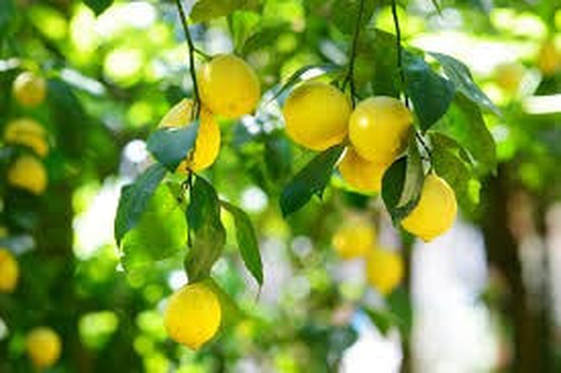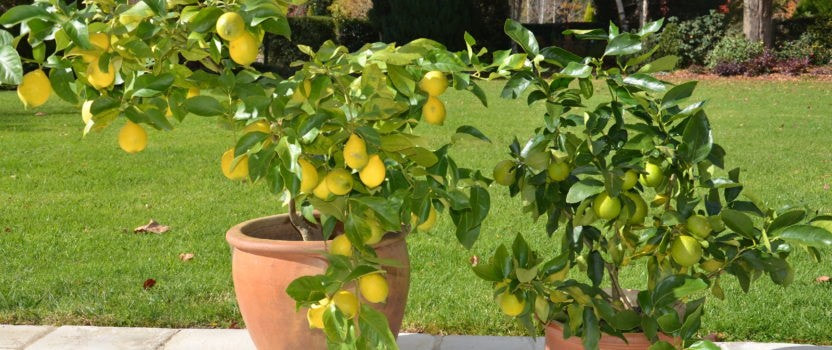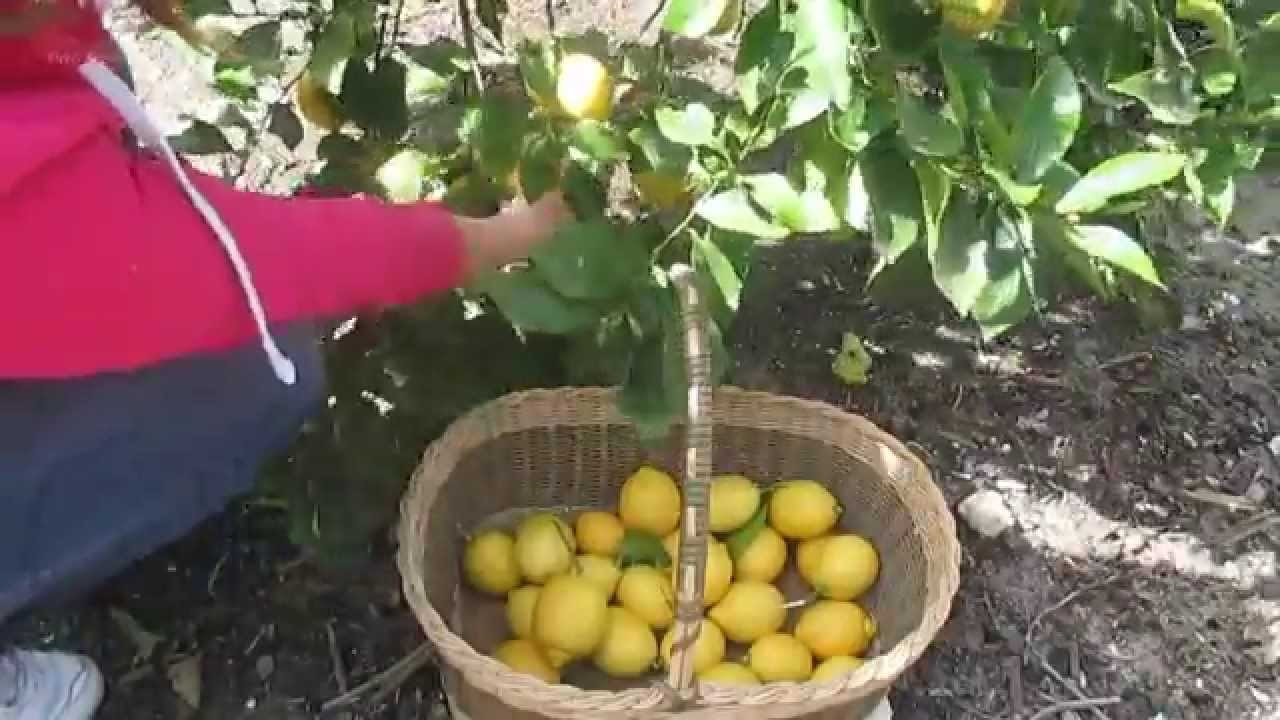|
Think you know lemon? Probably the most widely used citrus fruit in the world today and an essential ingredient in many dishes, lemon originated from Asia but can be found in both the tropical and subtropical regions of the world nowadays. However, they were once very rare that kings present them to one another as gifts. At the very tender ages, lemon usually do not appeal to kids but as times pass by, they end up liking the tangy flavor it gives recipes of chicken, cookies and most important cocktails. They also enjoy lemon zest and grated rinds in baked products. Subsequently, the love of lemon has moved considerably from kitchen to bathroom among a huge number of people as it is a newly found cleansing agent healing acne and removing blackheads, whitening teeth, lightening dark spots and blemishes, brightening hair color, strengthening nails, remedying dandruff, soothing chapped lips, cleans face and body as well as getting rid of oily skin. Lemon boast an incredible list of health and medicinal benefits courtesy of its most important component, the citric acid. Lemons are largely great sources of minerals (calcium, magnesium and potassium), Vitamin C and antioxidants that improve human body conditions. There are no limits to the incredible powers of lemon as it has been confirmed that its scent can make one feel better when they are feeling blue. The product (Lemon) of a hybrid between a sour orange and a citron produces fruits all year round and a tree can produce up to 600lbs of lemon every year. The most common lemon types are the Meyer, Eureka and Lisbon, and California as well as Arizona reportedly produce most of the United States lemon. HOW TO GROW LEMON INDOOR Quick facts about indoor lemon growth There is no denying the fact that lemon has been widely grown outdoor and in gardens rather than indoors because of obvious reasons of low humidity, low air movement, low exposure to sunlight among others compared to outdoor growth, the fact is that with right care and maintenance, you can always have maximum performance from your lemon. Fortunately, lemon doesn’t require a special care and planting management aside the normal citrus conditions. Running out of space is no longer an excuse as with planting lemon indoors, you can always use pot or containers. You can always plant it on a patio, in terrain and in balcony where you would always be blessed with the scented flowers and soft yellow citrus fruits. Although there are a slightly huge list of lemon varieties, the Meyer grows comfortably in kitchens and balcony gardens especially in non-tropical zones. Growing lemon from a seed is not really a time conscious idea as it could take up to four years before having your first fruit. Instead, the dwarf varieties of the plant can always be gotten in nurseries as they especially suit the container medium. As earlier mentioned, aside the Meyer, other varieties that suits container production are Lisbon lemon and dwarf Eureka. Step-by-step indoor lemon growing process
A planting pot that is as 25 percent bigger than the root balls of the seedling plant is ideal for lemon planting. Clay pots are advised as they are porous and evaporates water from their sides unlike the plastic pots. They prevent the growing medium from getting waterlogged and therefore preventing rot diseases. Soil quality and type is an essential consideration too. A well-draining organic potting mix is essential for a high yielding lemon plant.
Lemon trees could still be affected by pest even when grown indoor and in pots. Prepare for pests like mealy bugs, aphids, scales and spider mites occasionally and get rid of them organically. This will prevent them perfectly and save you costs too. Lemon plants can also be pruned when their arms are getting too long or showing excessive vegetation which may affect fruiting.
Time of harvesting depends a lot on the variety you are growing and the weather conditions they have been subjected along the line. Once citrus fruits gets off the tree, they stopped ripening. A ripe fruit however will be heavy, soft and yellow. Note that a citrus tree could be grafted to get two or more variety from a single tree.
Lemon is really a great addition to your growing list of homegrown plants.
0 Comments
Leave a Reply. |
GROW ORGANIC!
|
|





 RSS Feed
RSS Feed




